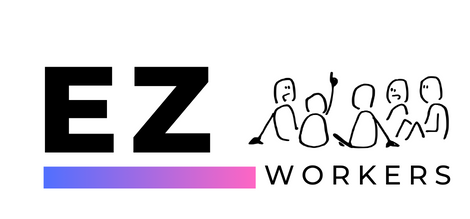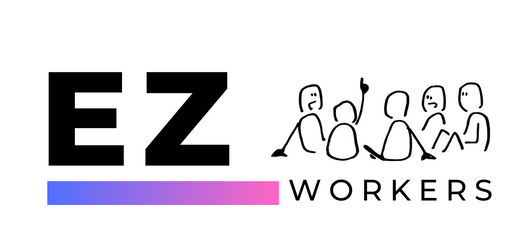In today’s rapidly evolving job market, artificial intelligence (AI) is becoming a game-changer, transforming the way candidates and employers discover and connect with each other.
As AI technologies continue to advance, they’re reshaping the recruitment landscape, making the search for the perfect match more efficient and effective than ever before. In this blog post, we’ll explore how AI is revolutionizing the way candidates and employers search for each other.
1. Enhanced Matching Algorithms:
One of the most significant impacts of AI in recruitment is the development of advanced matching algorithms. AI can analyze vast amounts of data, considering factors such as a candidate’s skills, experience, and preferences, as well as an employer’s job requirements, company culture, and expectations. This results in more precise and relevant matches, saving time for both job seekers and employers.
2. Predictive Analytics:
AI-driven predictive analytics can provide valuable insights into candidate behavior and preferences. By analyzing historical data, AI can predict which job opportunities are most likely to attract a particular candidate’s interest. This proactive approach allows employers to target potential candidates with higher precision.
3. Improved Search Capabilities:
AI-powered search engines can sift through extensive databases of job postings and candidate profiles, offering more robust search capabilities. Job seekers can easily find positions that align with their qualifications and aspirations, while employers can quickly identify candidates who best fit their needs.
4. Chatbots and Virtual Assistants:
Chatbots and virtual assistants can engage with candidates 24/7, answering questions, providing information about job openings, and guiding candidates through the application process. These AI-driven tools offer a seamless and responsive candidate experience.
5. Enhanced Candidate Screening:
AI can efficiently screen and shortlist candidates based on specific criteria. For employers, this means receiving a curated list of qualified candidates, reducing the time spent reviewing applications and resumes manually.
6. Personalized Recommendations:
AI can provide personalized job recommendations to candidates based on their profiles and previous job searches. Similarly, it can suggest potential candidates to employers, streamlining the hiring process by presenting the most suitable options.
7. Bias Reduction:
AI can help reduce unconscious biases in the recruitment process. By focusing on objective criteria, AI-driven tools can help ensure fair and equitable opportunities for all candidates, regardless of their background or demographics.
8. Continuous Learning and Improvement:
AI systems are continually learning and evolving. They adapt to user behavior, improving their recommendations and matching capabilities over time. This ensures that the recruitment process becomes more accurate and effective with each interaction.
9. Time and Cost Efficiency:
By automating various aspects of the recruitment process, AI significantly reduces the time and cost associated with finding the right candidates or job opportunities. Employers can fill roles faster, and job seekers can discover relevant positions more efficiently.
Conclusion:
The integration of AI in the recruitment process is revolutionizing the way candidates and employers discover each other. With enhanced matching algorithms, predictive analytics, improved search capabilities, and personalized recommendations, AI is streamlining the recruitment process, making it more efficient and effective for all parties involved. As AI continues to advance, it promises to reshape the job market, providing better opportunities and connections for candidates and employers alike.


